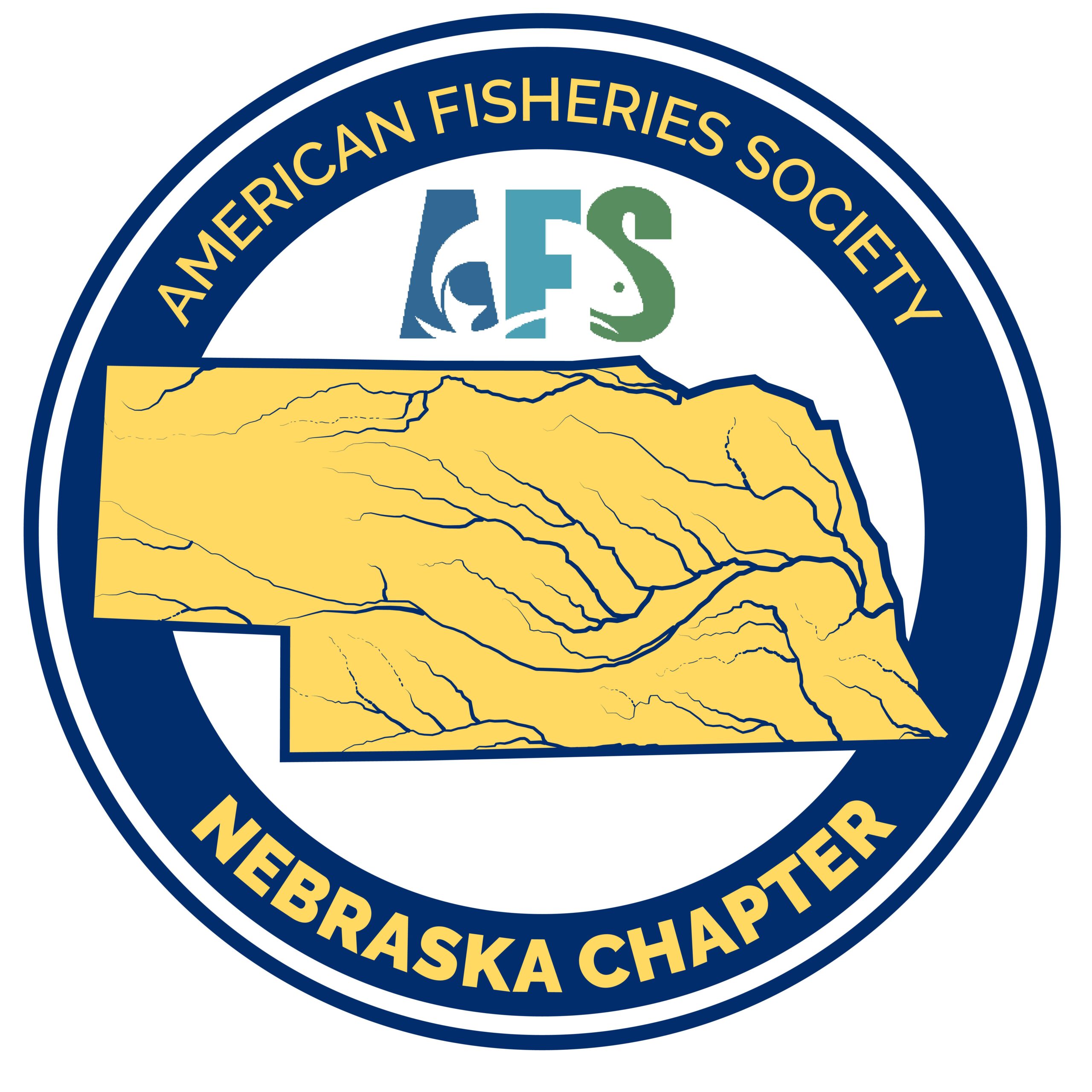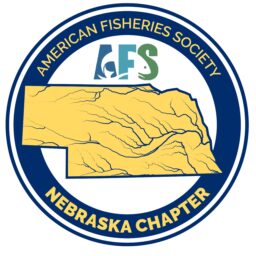About

Parent Society
The American Fisheries Society (AFS) is the oldest and largest professional society representing fisheries scientists in North America. Founded in 1870, the Mission of the AFS is to:
- advance the conservation, development, and wise use of fishery resources
- promote the development and advancement of all branches of fisheries science
- gather and disseminate scientific and technical information about fisheries science and practices
- encourage the teaching and practice of fisheries science in colleges and universities
- continue the professional development of employees in fishery-related jobs
The AFS promotes scientific research and enlightened management of aquatic resources for optimum use and enjoyment by the general public. It also encourages comprehensive education of fisheries scientists and continuing on-the-job training. Headquartered in Bethesda, Maryland, the AFS is the parent organization of the Nebraska Chapter. The parent society is divided into four geographic subdivisions within North America, and the Nebraska Chapter is part of the North Central Division.
The Nebraska Chapter of the American Fisheries Society
The Nebraska Chapter, chartered by the parent society in 1970, is composed of natural resource professionals and other citizens interested in fisheries and associated aquatic resources in Nebraska. Chapter members come from a variety of backgrounds including persons working for local state and federal agencies, universities and state colleges, public power & irrigation districts, and private environmental consultants and aquaculturists. Other conservation organization members and college students also find membership to be helpful to their endeavors. The Nebraska Chapter is organized under the Internal Revenue Code as a 501(c)(3) non-profit entity.
Code of Practices
Members of the American Fisheries Society are obligated to perform their duties in an ethical manner. Members accept the responsibility to serve and manage aquatic resources for the benefit of those resources and the general public, based on the best available scientific data, as specified by the Society’s “North American Fisheries Policy”. They act ethically in their relationship with the general public and with their employers, employees, and associates.
Members must adhere to the “Standards of Professional Conduct” in three areas:
- dignity and integrity of the profession
- relations with clients
- relations with the public

